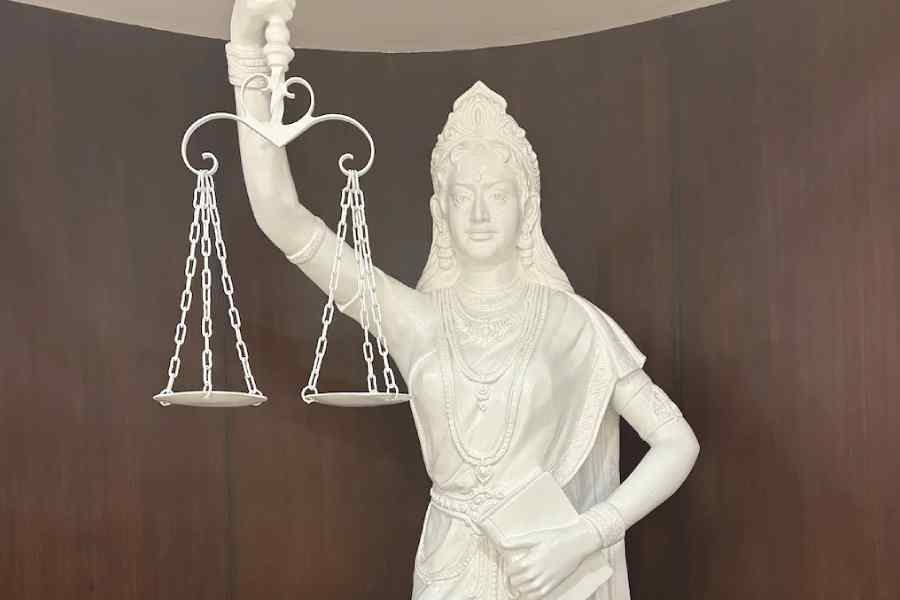Recently, the Supreme Court raised two important issues. One was the need for trial courts to frame charges within a stipulated time. The second was the possibility for compensation for miscarriages of justice — when persons are arrested, prosecuted or convicted wrongfully. The Supreme Court, while sitting on the case of a man incarcerated for 11 months because charges had not been framed, said that it had noticed that months or even years go by after the chargesheet had been filed without the framing of the charges in the trial courts. The huge number of under-trial prisoners in India’s prisons is proof of that. Charges have to be framed in the trial courts; the high court plays a supervisory role. The delay in framing charges, according to the Supreme Court, is a major reason for the delay in trial. The court mentioned, too, that in the Bharatiya Nagarik Suraksha Sanhita, charges are directed to be framed within 60 days of submitting the chargesheet. The highest court sought the assistance of the attorney-general to lay down guidelines so that lower courts across India could have charges framed within a given time.
This is certainly an important step, but at the same time, similar measures have to be taken in other areas of justice delivery to speed up the process and prevent cases from piling up. The tendency to refuse bail, for example, ignoring the Supreme Court’s oft-repeated maxim that bail is the rule and jail the exception, can be put at the doors of both the lower and the higher judiciary — Umar Khalid’s five-year incarceration with repeated bail rejections at different levels of the court is an immediate example. Moreover, even the higher courts are burdened with vacancies and a lack of infrastructure, including inadequate courtrooms, which cause further delay in trials.
The second issue raised by the Supreme Court was an equally fundamental question: whether people ought to be financially compensated for wrongful prosecution or prolonged incarceration because of physical and mental suffering and the loss of reputation. The court was hearing three petitions from people who had been acquitted after being on death row for years. This is not a novel idea as international human rights agreements, such as the International Covenant on Civil and Political Rights, and most developed countries have compensation for wrongful imprisonment or trial delay. The conceptions may be different — for example, the United Kingdom has a limited definition of miscarriage of justice — but it is a widely accepted principle. In its remarks, the Supreme Court acknowledged that many are made scapegoats. Such a systemic failure is alarming. Here it would be the higher judiciary’s duty to examine all appeals and bail applications to ensure that the accused is not a scapegoat. A large proportion of under-trial prisoners come from underprivileged backgrounds and their cases need to be looked into as well. The wisdom of both the higher and the lower judiciary is required to streamline the justice system.










